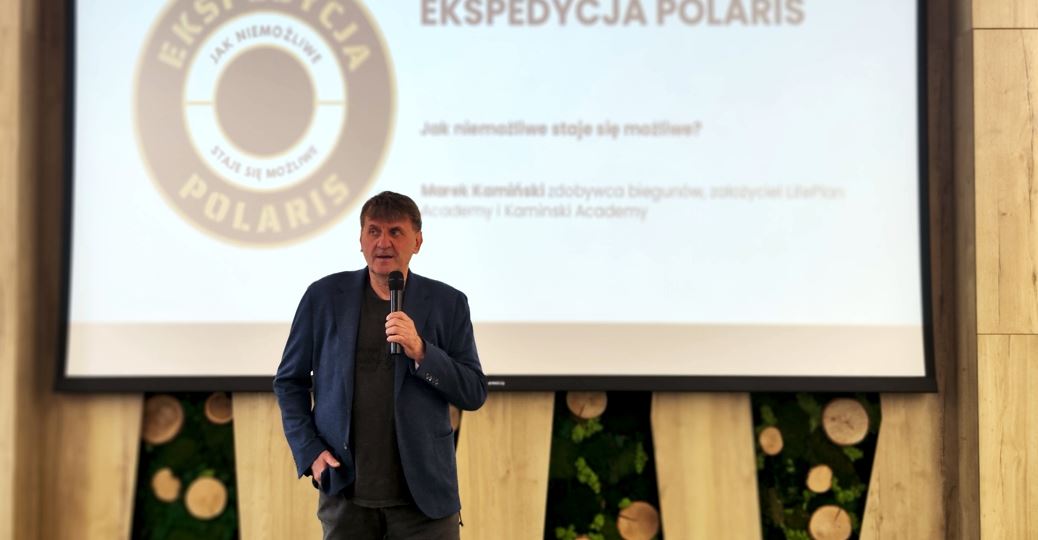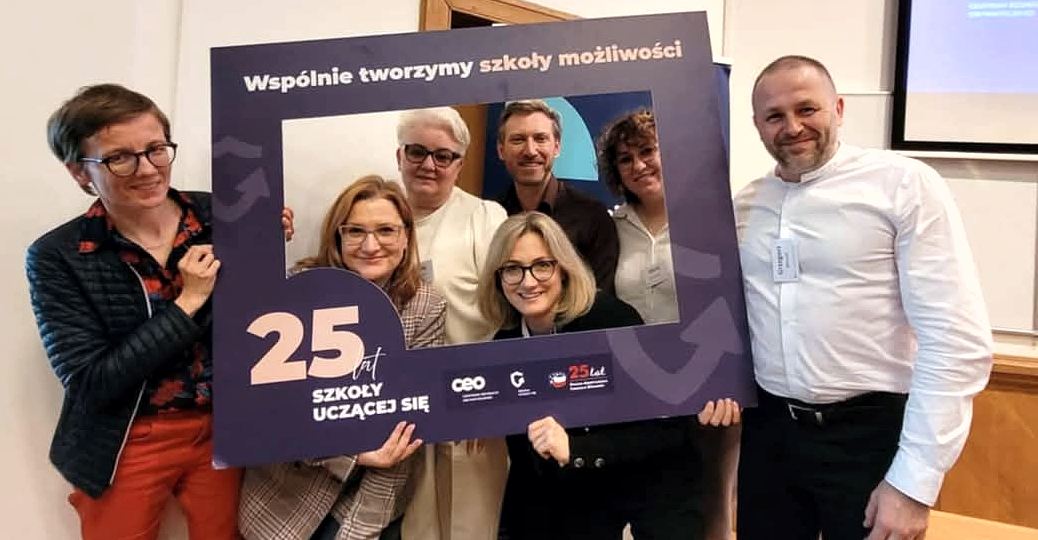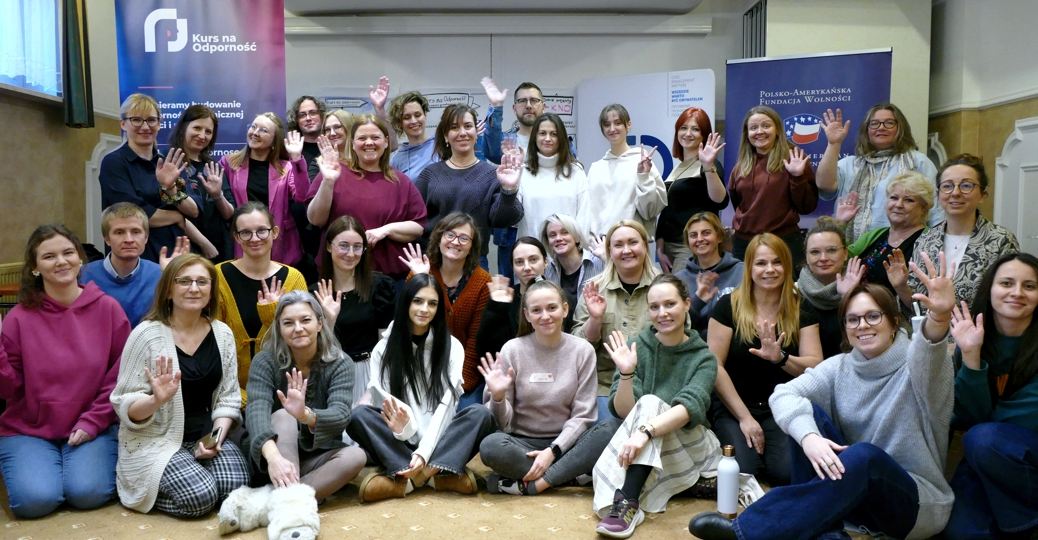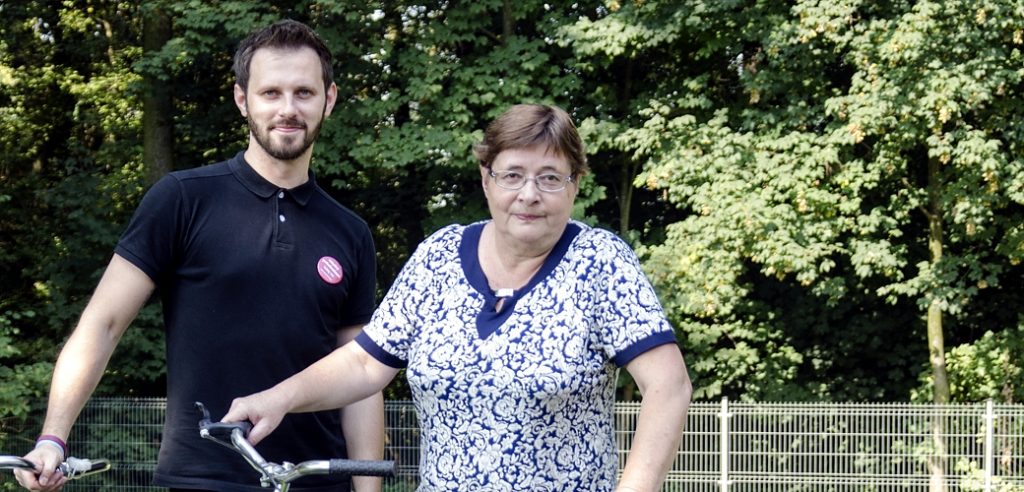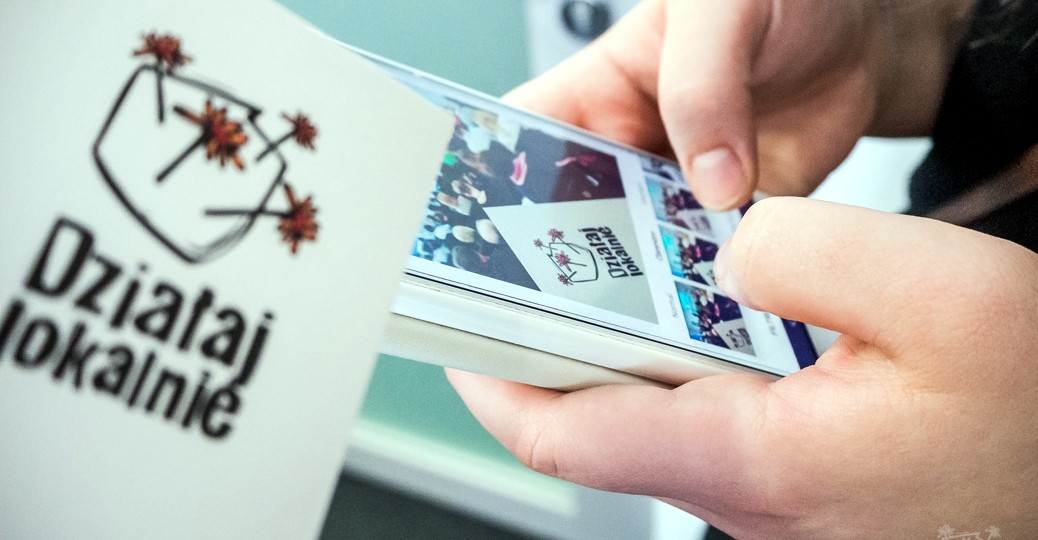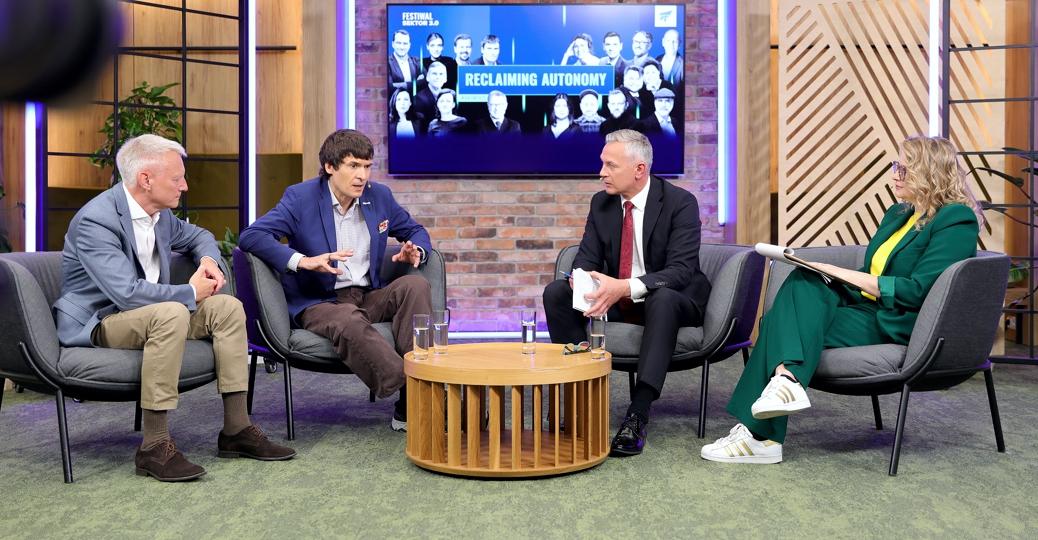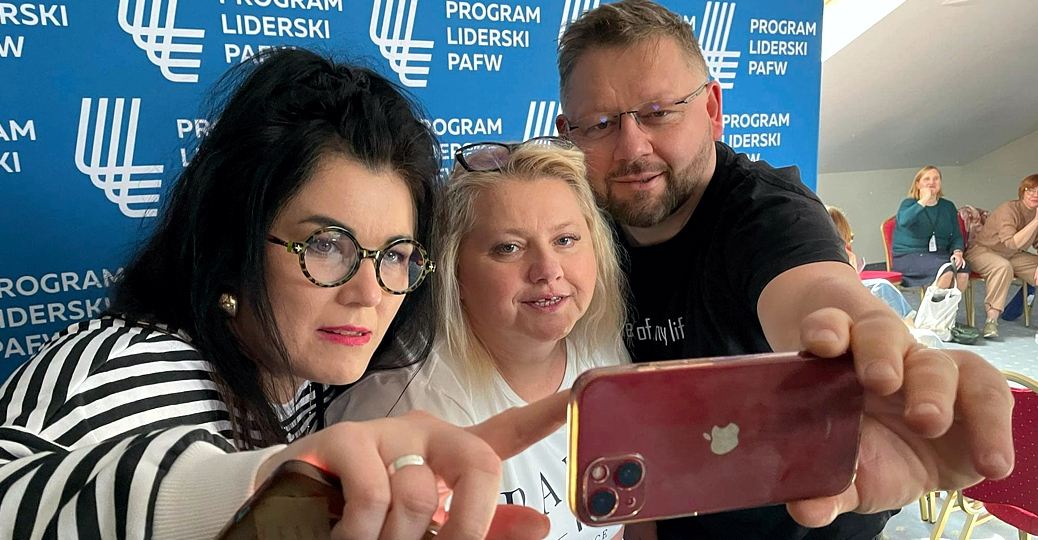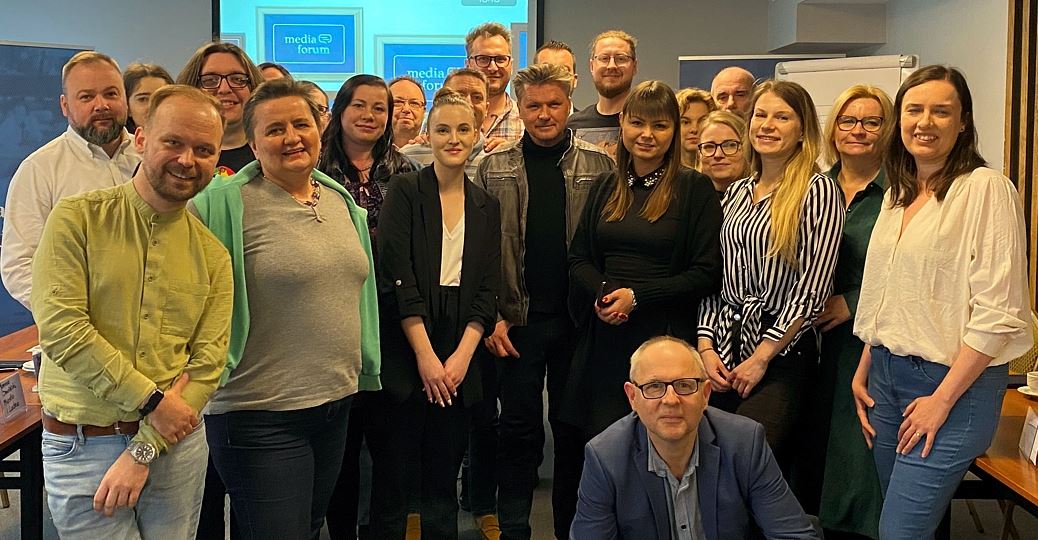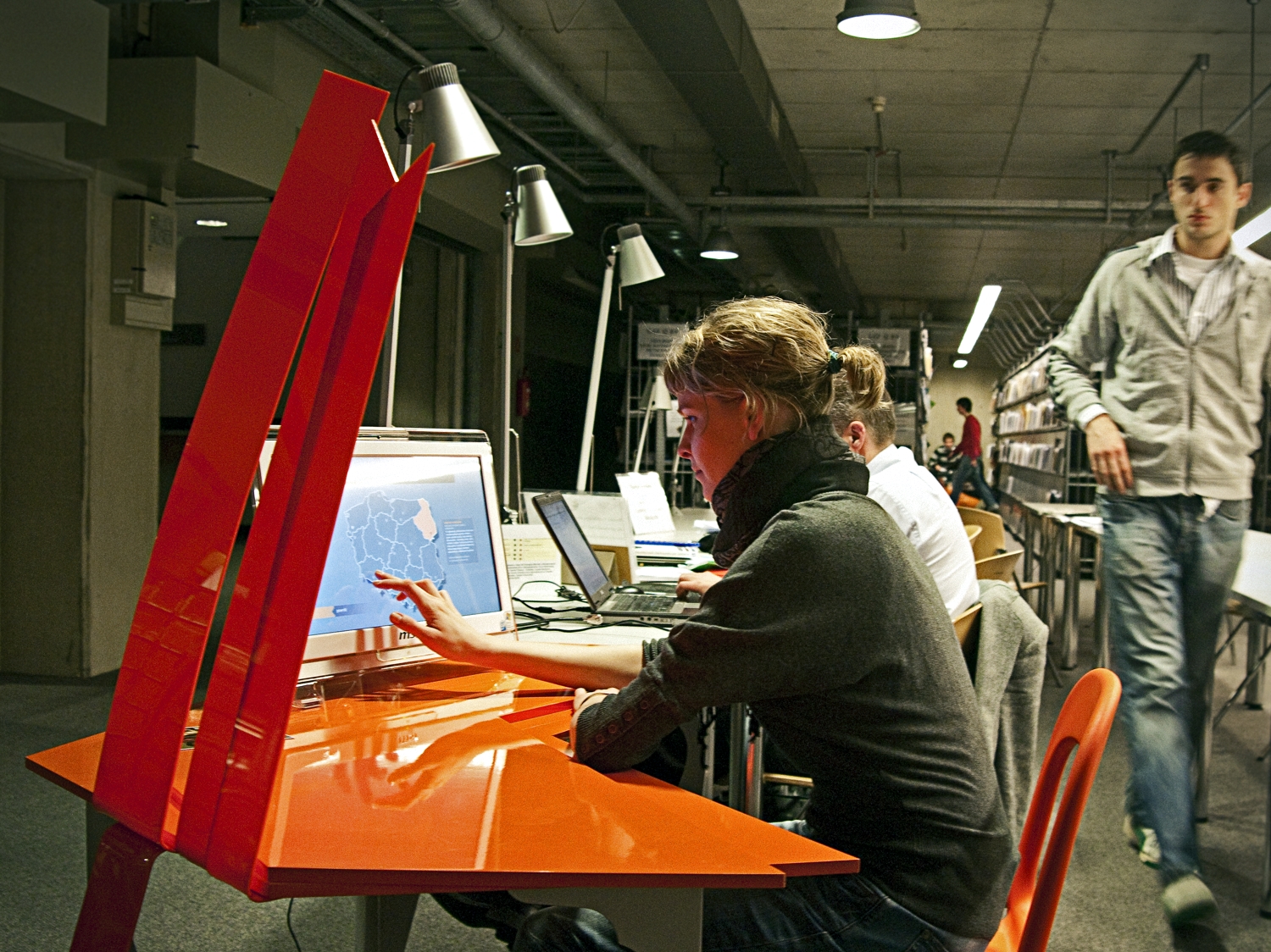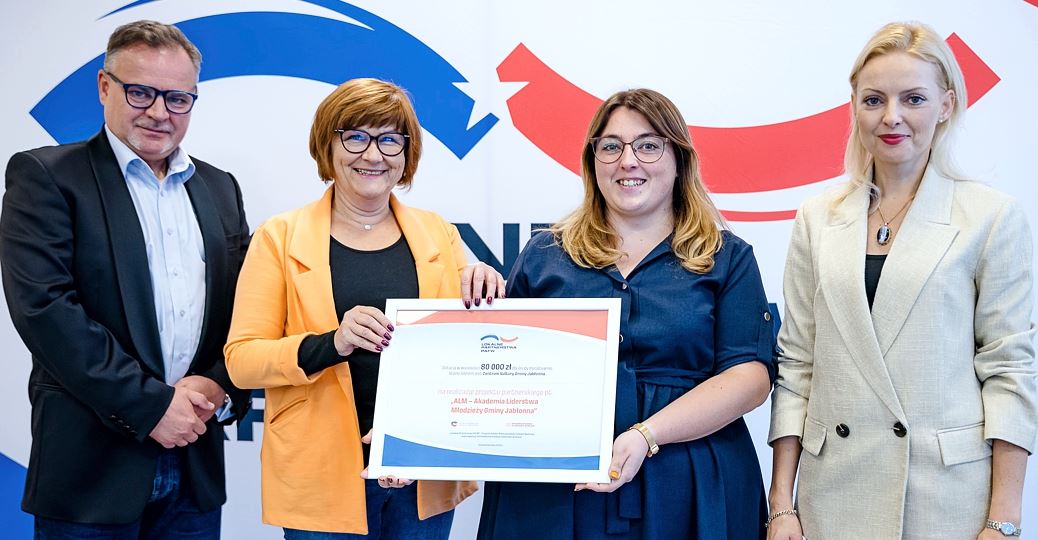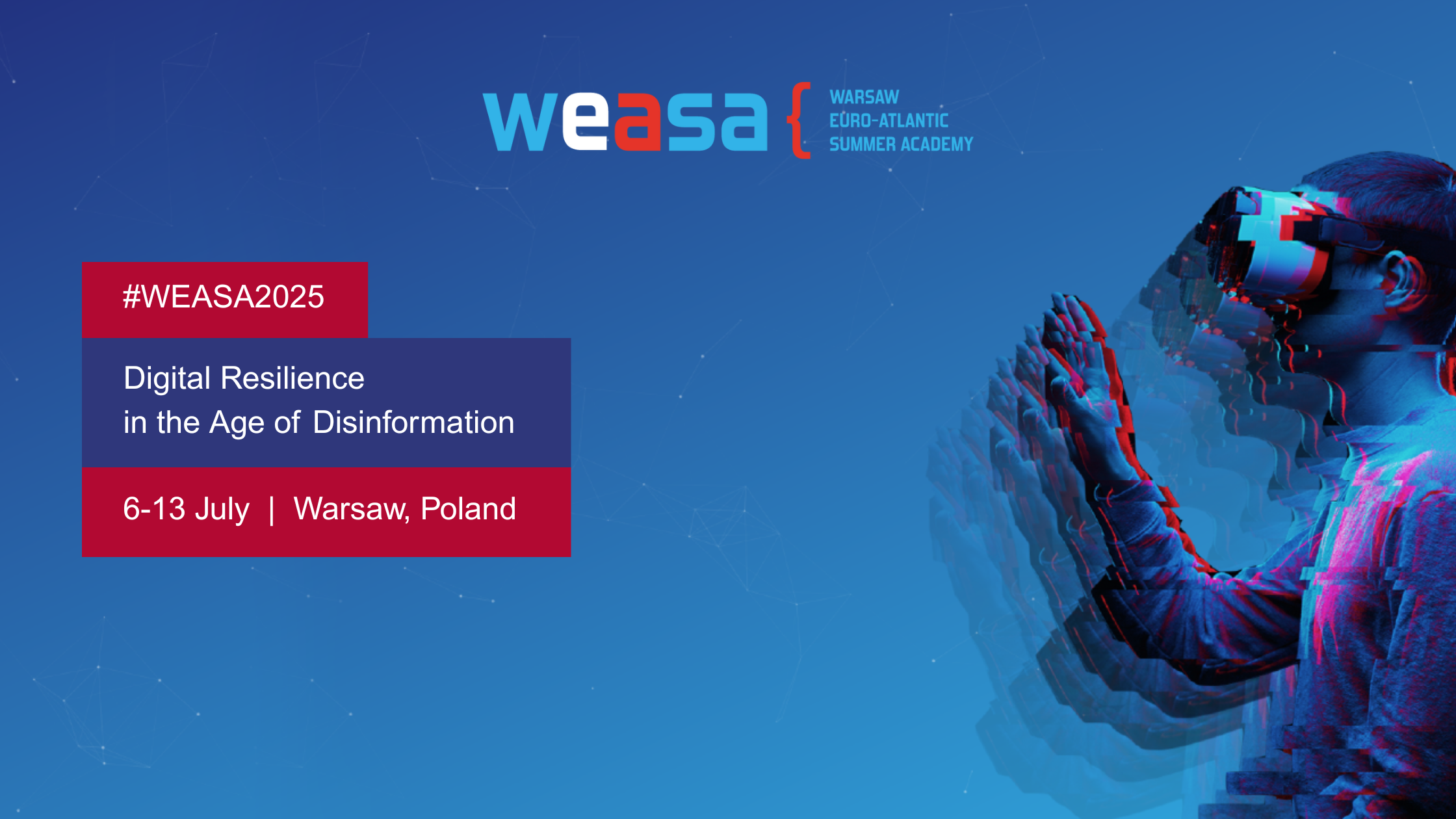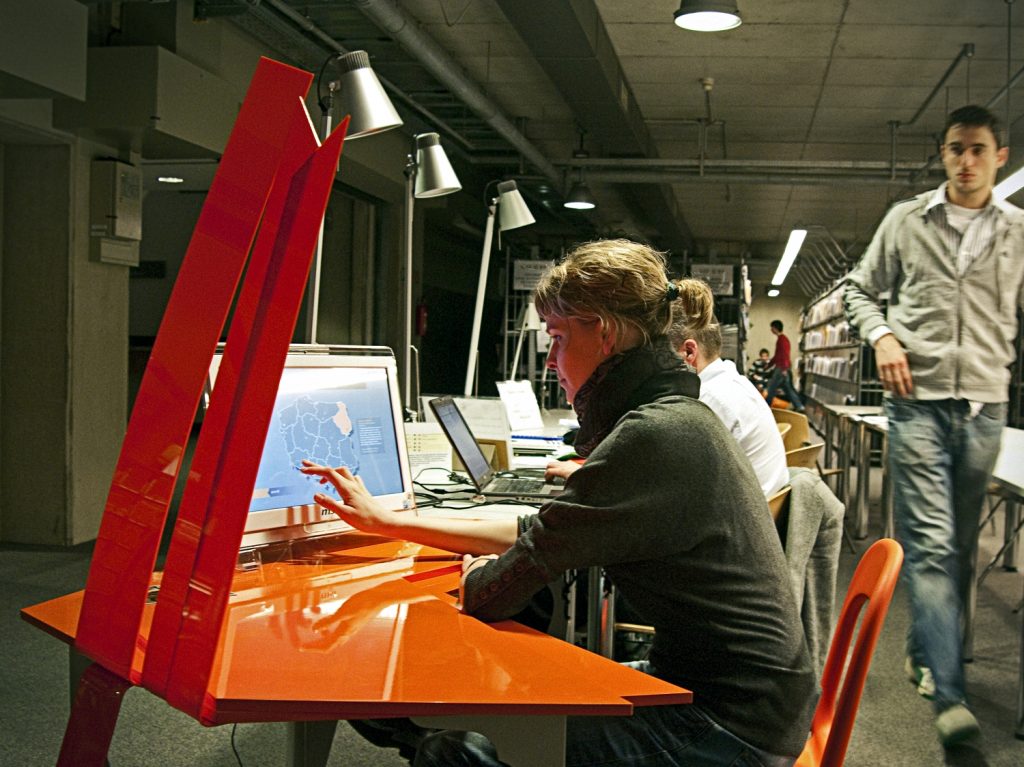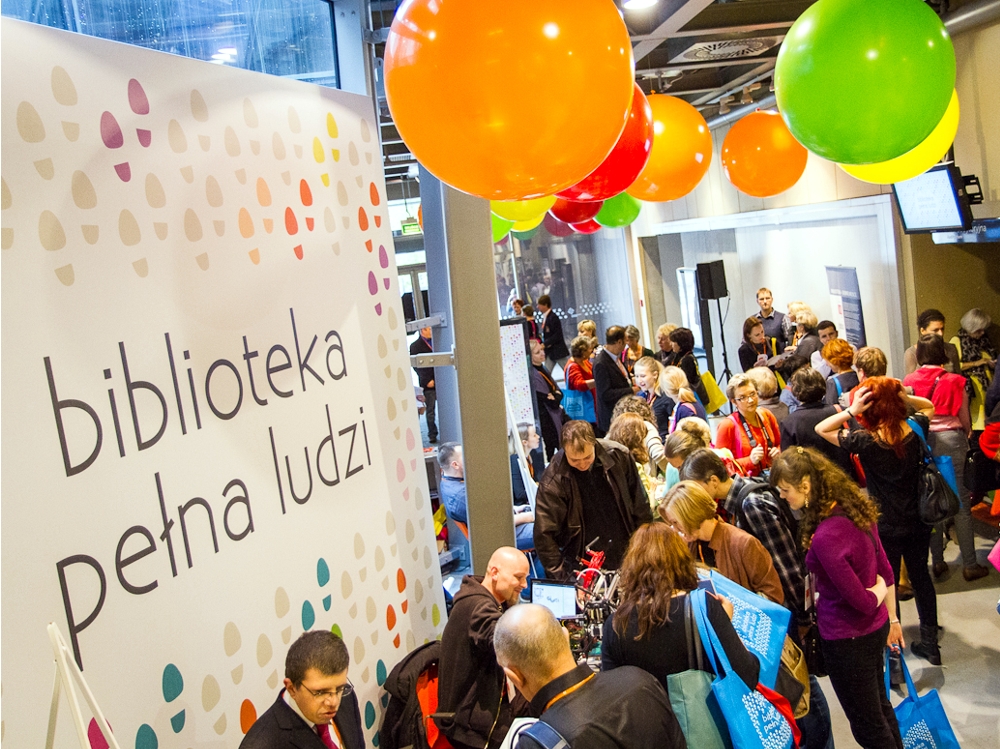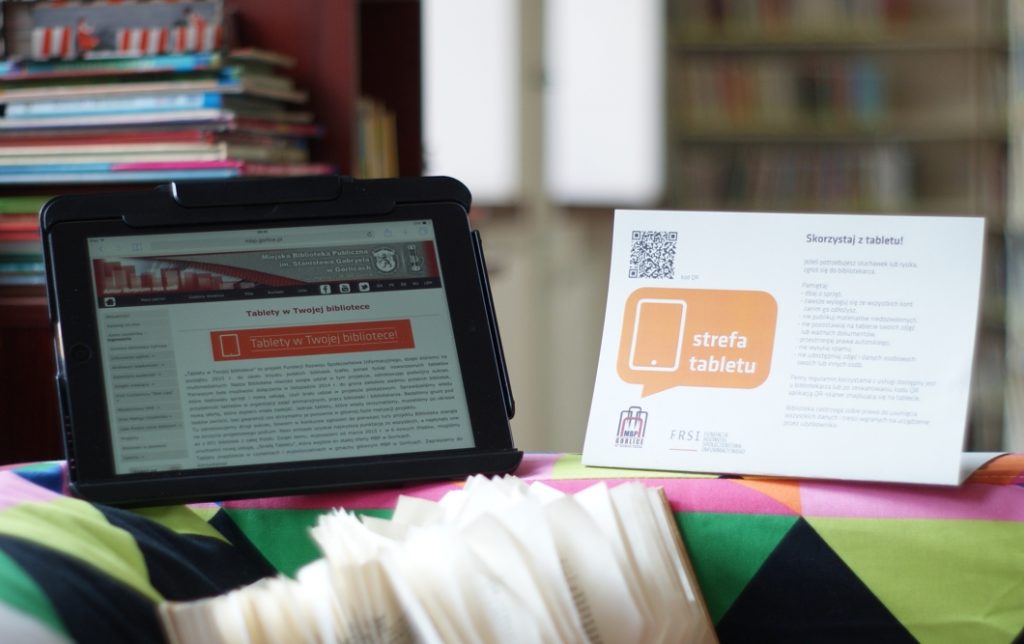The Library Development Program (LDP) has operated since 2008 to support public libraries across Poland in becoming modernized local points of access to information, culture and education, as well as of social activity. An important part of the program is to increase the competencies of librarians and strengthen the prestige of their profession.
To date 4,224 libraries in 1,335 communes (70% of the target group) received support under five rounds of the program. More than 12,500 librarians have joined LDP activities.
Until 2015 the program was carried out within the partnership of the Polish-American Freedom Foundation and the Bill and Melinda Gates Foundation. It was part of a broader initiative of the Gates Foundation, “Global Libraries,” covering about a dozen countries. In Poland, the Information Society Development Foundation, established by PAFF in 2008, was the manager from the outset of the Library Development Program. The Gates Foundation entrusted PAFF with a $31 million grant for the program.
3,808 public libraries from 1,256 communes with populations of up to 20,000 (nearly 60% of the target group) were involved in the program, recruited in three rounds between 2008 and 2015. 10,000 librarians received specialist support in the form of counseling and training, while libraries were equipped with nearly 8,000 pieces of hardware: computers, tablets, printers, multimedia projectors, and other devices. Additionally, libraries received software worth $18 million provided free of charge by Microsoft. 450 libraries received small grants for expanding their offer aimed at local resident activation. Funds for organizing 1,000 study tours found their way to librarians, who also participated in experience exchange forums such as the annual Library Congress.
The Library Development Program contributed to the emergence of many initiatives for strengthening the entire library system. LDP communication and advocacy efforts led to the establishment of the National Partnership for Library Development (consisting of more than 100 representatives of different backgrounds), 16 regional partnerships with provincial authorities aiming to promote public library modernization in areas with smaller populations, and local partnerships for library development in more than 300 communes.
In 2008 PAFF signed a cooperation agreement with the Polish Ministry of Culture and National Heritage, which initiated the multiannual “Library+” program carried out by the Polish Book Institute. The objectives of both initiatives were similar – the Foundation and the Ministry were shaping their activities in such a way as to reinforce and complement each other. Another memorandum was signed with the Ministry of Administration and Digitalization and the Orange company, where all public libraries in the country were provided with free Internet access from 2009 to 2015. There were also joint actions carried out with the National Library, provincial public libraries, the Association of Polish Librarians, and numerous non-governmental organizations.
In 2012 the Information Society Development Foundation received the E-Inclusion Award for the Library Development Program from the European Commission in a competition that promotes best practices in using modern information and communication technologies and preventing digital exclusion.
Since 2016 libraries in rural areas and small towns have been further supported by PAFF funds through numerous training and e-learning courses for library employees and their local partners, grants for technological expansion of selected libraries, support in their networking and cooperation efforts aimed at benefiting the local community, as well as creation and development of innovation incubators based on library infrastructure. The LABiB initiative is also being developed: a network of librarian-innovators using the LABIB.pl social portal to popularize best practices in activities held at libraries.
In 2021–2024, the outreach of the fourth and fifth editions of the program covered the existing library network and 413 new facilities based in villages and small towns with populations of up to 50,000 inhabitants. Participating libraries joined training sessions, received advisory, equipment, and numerous opportunities to exchange experiences.
The present program offer is addressed to the entire network of 4,224 facilities, who are welcome to seek assistance in, among other things, aiding the integration of Ukrainian refugees with local communities, delivering non-formal education on climate change and natural environment protection to residents under the “Library for Climate” component, as well as providing digital education combined with assistance in improving critical media literacy.
The program promotes a wide array of socially activating efforts, public consultations and actions aimed at involving the residents concerned in relevant issues. Libraries are flexible in their response to changing needs and emerging challenges.
Involving program participants in existing initiatives and networks ensures a higher sustainability of program outcomes. Among these networks is the LABiB Association, which brings together library directors who run support groups for other directors of nearby facilities. Another is the “Initiatives” Library Director Association, which is composed of library directors who advocate for librarians and develop leadership skills.
PAFF has disbursed $7,972,597, including $1,173,222 for the current edition.


